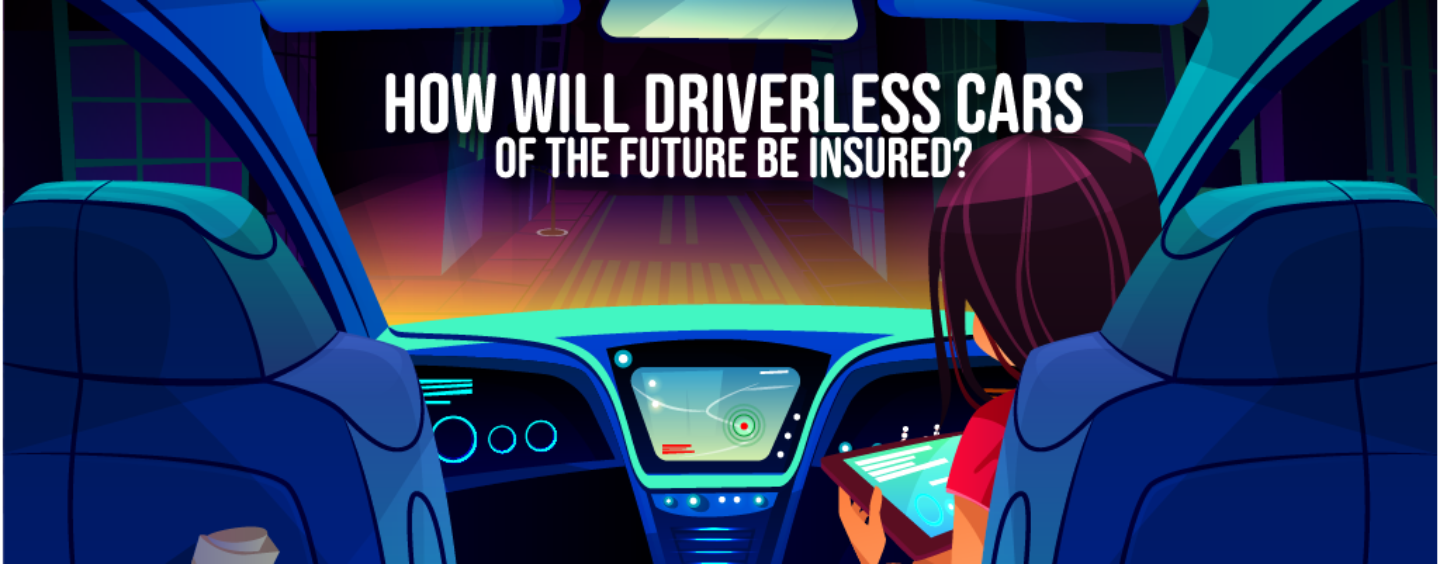Self-driving cars have been touted that as the future of transportation by many, including the likes of Elon Musk who claimed that Tesla will roll out “truly self-driving cars” by 2020, which in case you have noticed, is only a year from now.
Whether you think these driverless cars will arrive next year or 5 years from now, there are some important considerations that might have been overlook by most.
That’s simply because it’s not the sexiest thing to talk about, that’s right — we’re talking about insuring self driving cars.
Liabilities Will Likely Shift Away from Drivers
As autonomous cars shift the responsibility of driving from humans to autonomous car technology, there is a need for existing liability laws to evolve in order to fairly identify the appropriate remedies for damage and injury.
According to industry experts and analysts, car manufacturers and software developers will ultimately become risk-bearers as accidents in these cases could be caused by hardware failures, hacking, bugs and even issues with public infrastructure like road sensors and signals,
“Liability is likely to migrate from the individual to the manufacturer and the licensers of the software that drives the autonomous vehicle,” Rodney Parker, an associate professor of operations management at Indiana University, said, quoted by Bloomberg.
Cognisant of these new realities many auto manufacturers are beginning to react to these changes.
Changan set up a joint venture with China’s tech giant Tencent last year to tap into the booming autonomous-driving sector with a focus on Internet-connected driving that leverages artificial intelligence and big data technologies.
The Chinese auto manufacturer is also going to start offering free insurance to drivers who use the self-parking function on its vehicles,
Self-parking, also referred to as automatic parking, is an autonomous car-maneuvering system that moves a vehicle from a traffic lane into a parking spot by taking over the steering wheel. The technology has been adopted by the likes of BMW, Lexus, and Ford.
Changan Automotive said that if an accident occurs with one of its vehicles and the firm determines it is the fault of the computer valet, the insurer will pay up to about US$57,800 for property loss or damage, and about US$21,700 for death or injuries.
Besides Changan Automotive, another car manufacturer that has said it would accept full liability whenever its cars are in autonomous mode is Volvo.
Will Autonomous Vehicles Drive Insurance Profits off the Cliff?
Consulting firm Accenture estimates that by 2035, the rollout of autonomous vehicles could make car insurance premiums drop by 12.5% of the total market, or US$25 billion.
This means insurers will be selling fewer policies to drivers and more to companies, including carmakers and suppliers of communications systems, software and sensors.
These predictions are terrifying for many incumbent insurers, but present opportunities for a new breed of insurtech startups who are seeing opportunity in this space.
Insurance startups like California-based Avinew and Ohio-based Root Insurance, are offering to cut premiums for customers who use autonomous driving features.
As we navigate to this new future, it important for the insurance industry to figure out the game plan — because driverless cars might arrive sooner than we think.








